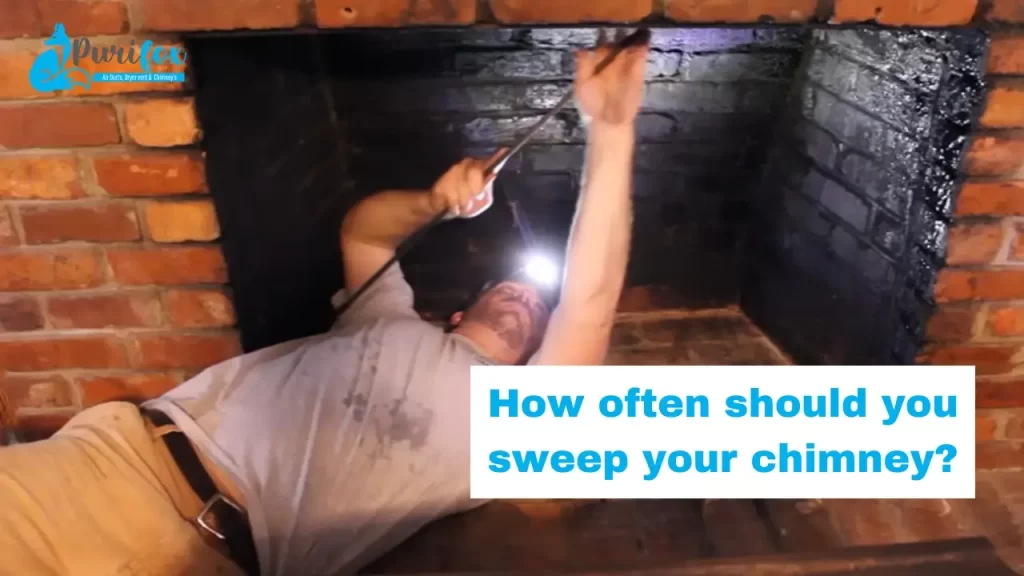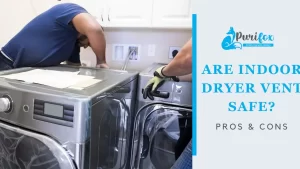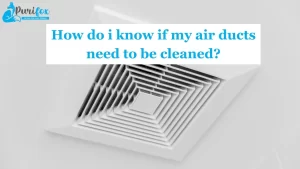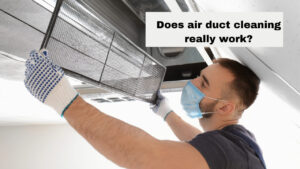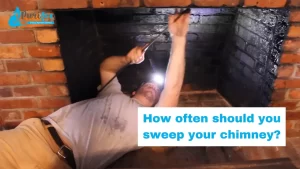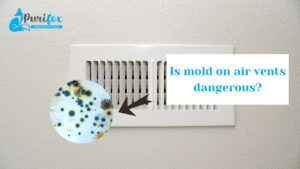Regular chimney sweeping is not just a chore; it’s an essential safety measure that can prevent chimney fires, protect your home from structural damage, and ensure the efficient operation of your fireplace. But how often should you sweep your chimney?
The answer depends on several factors, including the type of fuel you burn, the frequency of fireplace use, and the condition of your chimney.
To mitigate this risk, the National Fire Protection Association (NFPA) recommends having your chimney swept at least once a year.
Here, we will delve into the importance of chimney sweeping, explore how often you should sweep your chimney based on various factors, and provide tips for maintaining your fireplace throughout the year.
Why is it important to sweep your chimney?
Maintaining a clean chimney is an essential aspect of home safety and fireplace maintenance. Regular chimney sweeping offers a multitude of benefits, safeguarding your home and ensuring the efficient operation of your fireplace or wood-burning stove.
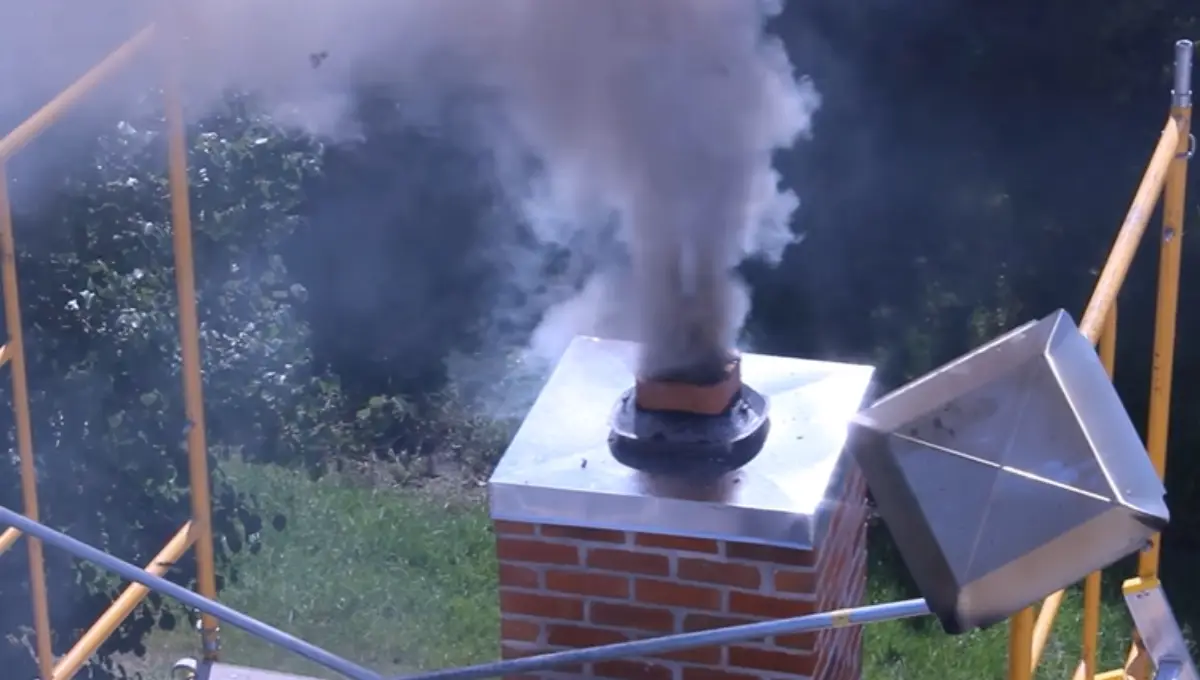
Prevent Chimney Fires:
A primary concern associated with neglected chimneys is the heightened risk of chimney fires. As smoke and residual combustion products ascend the chimney, they leave behind a sticky, flammable substance known as creosote.
When creosote accumulates over time, it forms a hard, combustible layer that can easily ignite under intense heat. A professional chimney sweep meticulously removes this hazardous buildup, effectively eliminating the potential for a chimney fire.
Eliminate Carbon Monoxide Poisoning:
Carbon monoxide (CO), an odorless, colorless gas produced by incomplete combustion, poses a severe threat to human health.
A clogged chimney can impede the proper ventilation of smoke and CO, allowing these dangerous fumes to seep back into your home. Regular chimney sweeping ensures that CO is released safely into the atmosphere, preventing the buildup of this toxic gas within your living space.
Improve Heating Efficiency:
A clean chimney allows for optimal airflow, facilitating the efficient removal of smoke and byproducts of combustion. This unobstructed airflow ensures that your fireplace or wood-burning stove operates at peak performance, generating maximum heat while consuming less fuel.
Regular chimney sweeping not only saves money on energy bills but also contributes to a more comfortable and enjoyable indoor environment.
Preserving the Structural Integrity of Your Chimney
Neglecting chimney sweeping can lead to the accumulation of debris and moisture, which can damage the chimney’s structural integrity.
Over time, this damage can progress to cracks and deterioration, potentially leading to costly repairs or even the need for complete chimney replacement.
Professional chimney sweeps not only remove debris but also inspect the chimney for signs of structural issues, allowing for timely repairs and preventing further damage.
Protect Your Home from Smoke and Odors
A clean chimney prevents smoke and unpleasant odors from back-drafting into your home. Regular chimney sweeping ensures that smoke and odors are expelled effectively, keeping your indoor air fresh and odor-free.
Enhance Fire Safety
A well-maintained chimney is crucial for fire safety. Regular chimney sweeping ensures that your chimney is free from blockages and potential ignition hazards, minimizing the risk of fire spreading from your fireplace or wood-burning stove.
Comply with Insurance Requirements
Many homeowners insurance policies require regular chimney sweeping to maintain coverage. Neglecting chimney maintenance may invalidate your insurance claim in case of a chimney fire or related damage.
How often should you sweep your chimney?
Maintaining a clean and safe chimney is crucial for preventing house fires and ensuring the efficient operation of your fireplace or wood-burning stove.
The National Fire Protection Association (NFPA) recommends having your chimney swept at least once a year, but the frequency may vary depending on several factors.
Factors Affecting Chimney Sweeping Frequency
Type of Fuel:
The type of fuel you use in your fireplace or stove plays a significant role in determining how often your chimney needs to be swept. For instance, if you burn wood, creosote buildup is a common concern, and annual sweeping is typically recommended.
On the other hand, if you use gas, the chimney may require less frequent sweeping, but an inspection is still essential to address any potential issues.
Frequency of Use:
The more frequently you use your fireplace or stove, the more often your chimney will need attention. If you use your heating system as the primary source of warmth during the colder months, consider more frequent chimney inspections and cleanings. Homes with occasional fireplace use may be able to extend the time between sweepings.
Type of Wood Used:
If you burn a lot of softwoods, which tend to produce more creosote, more frequent chimney sweeping may be necessary. Hardwoods, while still requiring regular maintenance, typically result in less creosote buildup.
Chimney Height and Design:
The design and height of your chimney can also influence how often it needs to be swept. Short chimneys or those with bends and offsets may accumulate creosote more quickly, necessitating more frequent cleanings.
Previous Chimney Issues:
If you’ve experienced chimney-related issues in the past, such as a chimney fire or excessive creosote buildup, it’s advisable to increase the frequency of your chimney sweeping. Regular maintenance becomes crucial to prevent reoccurrence.
Professional Inspection Recommendations:
Seeking advice from a professional chimney sweeper is highly recommended. A certified chimney sweep can inspect your chimney, assess the level of creosote buildup, and provide guidance on how often cleaning is necessary based on your specific circumstances.
How do I know if my chimney needs cleaning?
A clean chimney ensures proper airflow, prevents creosote buildup, and reduces the risk of chimney fires and carbon monoxide poisoning. Here are some telltale signs that your chimney needs to be swept:
Smoke Backing into the Room
If smoke is escaping into your living space instead of being vented out through the chimney, it indicates a blockage or obstruction. This can lead to carbon monoxide buildup, a potentially fatal hazard.
Difficulty Starting or Maintaining a Fire
A well-maintained chimney allows for proper oxygen circulation, essential for a healthy fire. If you find it challenging to start or maintain a fire, it could be due to a clogged chimney.
Creosote Buildup
Creosote is a sticky, flammable substance produced from incomplete combustion. Over time, creosote can accumulate in the chimney, increasing the risk of chimney fires.
Signs of creosote buildup include oily spots on fireplace walls, a persistent campfire smell, and a shiny, tar-like substance on the chimney damper.
Soot Falling into the Fireplace
Soot is a fine, black powder produced by burning wood. While some soot is normal, excessive soot falling into the fireplace suggests a blockage or poor airflow in the chimney.
Animal Evidence
Animals, particularly birds and rodents, sometimes seek shelter in chimneys. If you hear scratching or rustling noises from the chimney or notice signs of nesting, it’s time to have it inspected and cleaned.
Frequent Smoke and Carbon Monoxide Alarms
If your smoke and carbon monoxide alarms are triggered frequently, especially when using the fireplace, it’s a strong indication of a chimney issue.
Structural Damage to the Chimney
Visible cracks, loose bricks, or crumbling mortar on the chimney structure are signs of potential damage that could worsen if not addressed promptly.
If you notice any of these signs, it is important to have your chimney swept by a professional chimney sweep. A professional chimney sweeper will be able to remove any blockages and creosote buildup, and they will also be able to inspect your chimney for any damage.
Call Purifox For Professional Chimney Sweeping Only for 129$
At Purifox, we understand the importance of maintaining a clean and safe chimney. That’s why we offer professional chimney sweeping services to help you prevent chimney fires, carbon monoxide poisoning, and other potential hazards.
Our experienced technicians will thoroughly sweep your chimney to remove creosote buildup, soot, and other debris, ensuring proper ventilation and airflow. We also inspect your chimney for any structural damage or blockages that could pose a safety risk.
Don’t wait until it’s too late. Schedule your professional chimney sweeping with Purifox for 129$ today and enjoy peace of mind knowing your fireplace is safe and efficient.
Call us at (571) 244-2603 or visit our website to book your appointment.
What is the Best Time to Clean my Chimney?
The best time to clean your chimney is in the spring or summer before you start using it for the heating season. This is because creosote, the sticky flammable substance that builds up in chimneys, is most likely to accumulate during the colder months when you are using your fireplace more often.
In addition to cleaning your chimney in the spring or early summer, it’s also a good idea to have it inspected annually by a qualified chimney sweep.
This will help to ensure that your chimney is in good working order and that there are no potential hazards.
FAQs:
Is it really necessary to sweep my chimney?
Absolutely! Sweeping your chimney is crucial for maintaining its safety and efficiency. It removes creosote buildup, a highly flammable substance that can easily ignite, leading to chimney fires. Moreover, a clean chimney ensures proper airflow, preventing smoke from backing up into your home, which poses a serious health risk.
Should I clean my chimney myself or call a professional?
While DIY chimney cleaning kits exist, it’s highly advisable to hire a professional chimney sweep. They possess the expertise, tools, and safety gear to thoroughly clean and inspect your chimney, ensuring it’s in optimal condition for safe and efficient operation.
What is creosote?
Creosote is a sticky, flammable substance that is produced when wood burns. It can build up in your chimney over time, increasing the risk of a chimney fire. Creosote buildup is one of the leading causes of chimney fires, so it’s important to have your chimney cleaned regularly to remove it.
How much does it cost to sweep a chimney?
The cost of sweeping a chimney will vary depending on the size and complexity of your chimney, as well as the location of your home. However, you can expect to pay anywhere from $100 to $200 for a professional chimney sweep.



